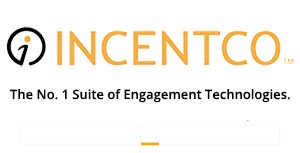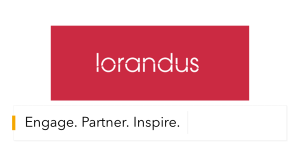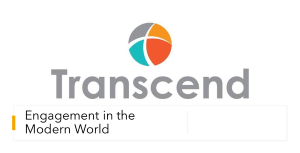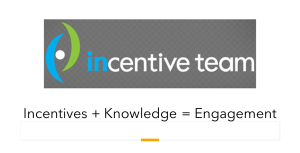By Bruce Bolger
Summary
Hope for a quick V or even U recession is fading fast. Almost every economist agrees that the ability for the economy to bounce back depends heavily on the course of the disease, which no one can predict. Best case scenario now rests hopes on a recovery in the fourth quarter, but the degree of devastation appears too great for the American economy to revive with a flip of the switch when the risk is gone.
The crisis has added a new term to our vocabulary: "essential workers." In stark contrast to the go-go days of the 1990s, the world's new heroes are the working people of every profession at the front lines of fulfilling the truly essential needs of life: we've all quickly learned what those essential needs are and the people who deliver them no matter how much we earn. It was also an easy prediction that Americans would step up; a call by the New York governor for 30,000 health care workers has attracted at least double the number--from people around the USA. People in New York suburbs are sewing masks to help supply the local hospitals. There is no room in this column to share all the ways Americans are helping their communities and neighbors. And while there are some notable examples of people thumbing their noses at "shelter at home" rules, most so far are acting as they do as most drivers on our roads--making an honest attempt to preserve their own lives and those of others.
More personal focus on reflection and spiritualism. Numerous media reports and social media activity confirm that people of all denominations or lack thereof view this crisis as a wake-up call about what is essential and meaningful and are re-evaluating what's important in their lives or careers. Self-help or self-improvement are more important than ever; many people are already considering or making major changes about where to live and how. Politicians should remember that America tends to turn to the right when attacked from without, and to turn to the left when attacked from within.
Unprecedented appreciation and recognition for the new "essentials." My daughter holed up in Brooklyn confirmed that the news reports are true; people have gone to their windows at 7 pm to clap, cheer, and bang their fire escapes or pans in tribute. Interestingly, it's not only in tribute to our valiant health professionals going to work under-equipped in the face of danger, but for all the people taking personal risks making sure we can eat by working in the grocery stores, takeout stores and liquor stores; delivering both essentials and much more to our homes; helping us manage critical matters at bank branches; removing our trash; fixing broken heating systems, appliances, or cars; delivering the mail, handling funerals, healing our pets and so much more. Ask almost any of these people, and they will tell you that aside from the normal percentage of cranky people, the majority are showing their gratitude more than usual, in many cases with more generous tips. Some of the employees for these companies are getting extra pay from their companies; many are not--something that may come back to haunt the companies after the crisis.
CEOs are being publicly judged by their actions. Those companies stepping up to help by donating supplies or aid, or paying hazard pay, or otherwise protecting employees and communities are getting prominent media attention. The highly admired Mark Cuban is warning CEOs that any hint of greedy actions could tank a brand for a generation. The companies that did not handsomely reward the front-line workers after this crisis will face social media scorn; the brands of Amazon.com, Whole Foods, and Jeff Bezos have gotten slammed due to claims Bezos is asking workers to work in unsafe conditions or asking for donations to pay for others being laid off. He has since announced huge donations.
The great brand re-set has begun. CEOs and marketers everywhere are realizing that without authenticity and emotional connection, their brand has little value in this new climate. There will be much more investment in the definition and implementation of a holistic brand strategy, even though most people in marketing have little concept of what goes into the concept of a 360-degree brand proposition, let alone its implementation, because the topic is taught almost nowhere.
The concept of Stakeholder Capitalism gets more coverage. Articles appear almost daily in the business media and financial circles: The traditional notion of value creation is under attack from all sides, but the movement has a long way to go--with little coverage in the general media and only about 70 followers of the #Stakeholdercapitalism Linked in hashtag. Most business people, investors, employees, or consumers still have no idea what Stakeholder Capitalism means or its implications, even though it represents the most formal reform of capitalism in a generation or more and has major proponents, including the World Economic Forum, Just Capital, B-Lab, Conscious Capitalism, and others. See: Stakeholder Capitalism: A Primer. These companies are publishing information that demonstrate that organizations with a strategic and systematic approach to achieving organizational success by engaging all stakeholders outperform those that don't. See TheEEA.org six-year Engaged Company Stock Index study.
Stock buybacks will fall out of fashion. Since the very same companies that used the tax cuts for stock buybacks to boost their share prices are now seeking government bail-outs because they have no cash reserves, and because those companies that used those proceeds to invest in their people, technologies, and cash reserves, are much better positioned, it will be more difficult for CEOs at public companies to resort to this short-sighted practice for years to come. Investors now see buy-backs for what they are: an artificial high that weakens the enterprise in the long run.
Big buying opportunities for companies that retained cash. Suddenly a bunch of companies in multiple sectors will be for sale at bargain-basement prices, and the ones with valuable assets will get snapped up because the sellers are desperate.
Strong companies are getting a potential financial windfall from the bailout bill. Imagine you own or run a company with enough money to retain all your employees for six months or more. Under the new bailout bill, these companies can qualify for a forgivable loan to cover months of payroll they probably would have paid for on their own. As long as they retain those employees, the loan gets forgiven, so these companies will come out even stronger.
The crisis has created a talent bonanza for the well-financed. Strong companies are getting approached by talent being abandoned by the weak. I know of a professional services firm whose president announced that not only were all jobs guaranteed through the end of the year, but all raises were being honored. Why, he was asked? Because the company had put some of its tax savings into reserves and because its people are considered its most important asset in fact, not just words. That's good thinking, because other competitors in this field are out trying to poach top talent, and when the company starts hiring again, it will have a powerful story to tell candidates about how it handled the Covid-19 crisis.
WFH (Work From Home) is here to stay. Commercial real estate may be in for turbulent times. CEOs from companies in multiple industries who had long resisted work-from-home policies have declared themselves converts publicly or to their employees. While offices won't go away, organizations have quickly realized that people can now be highly efficient from wherever they are if they are engaged with the mission and properly connected and equipped.
Digital is king. Any business based on the Internet has an enormous advantage over any other that depends on any kind of face-to-face interaction. This crisis will only further disrupt any type of solution that relies mostly on face-to-face.
Masks will become fashion. Branded masts have already begun to show up. That will invariably lead--and I'm not joking--to fashionably colored or designed masks for those who like to make a visual statement. That said, I still believe that fashion will trend to more casual and comfortable, rather than flashy, for at least a few seasons in that always rapidly changing field.
Coming Soon: Update on the impact on various aspects of the Enterprise Engagement field.
Master the Principles of Stakeholder Capitalism And Implementation Through Enterprise Engagement
Education, Certifications, and Information to Activate
Stakeholder Capitalism Available Nowhere Else
A complete learning, certification, and information program and a course syllabus for educators.
Training and Certification
Enterprise Engagement Alliance Education: Certified Engagement Practitioner; Advanced Engaged Practitioner, and Certified Engagement Solution Provider learning and certification programs on how to implement Stakeholder Capitalism principles at the tactical level.
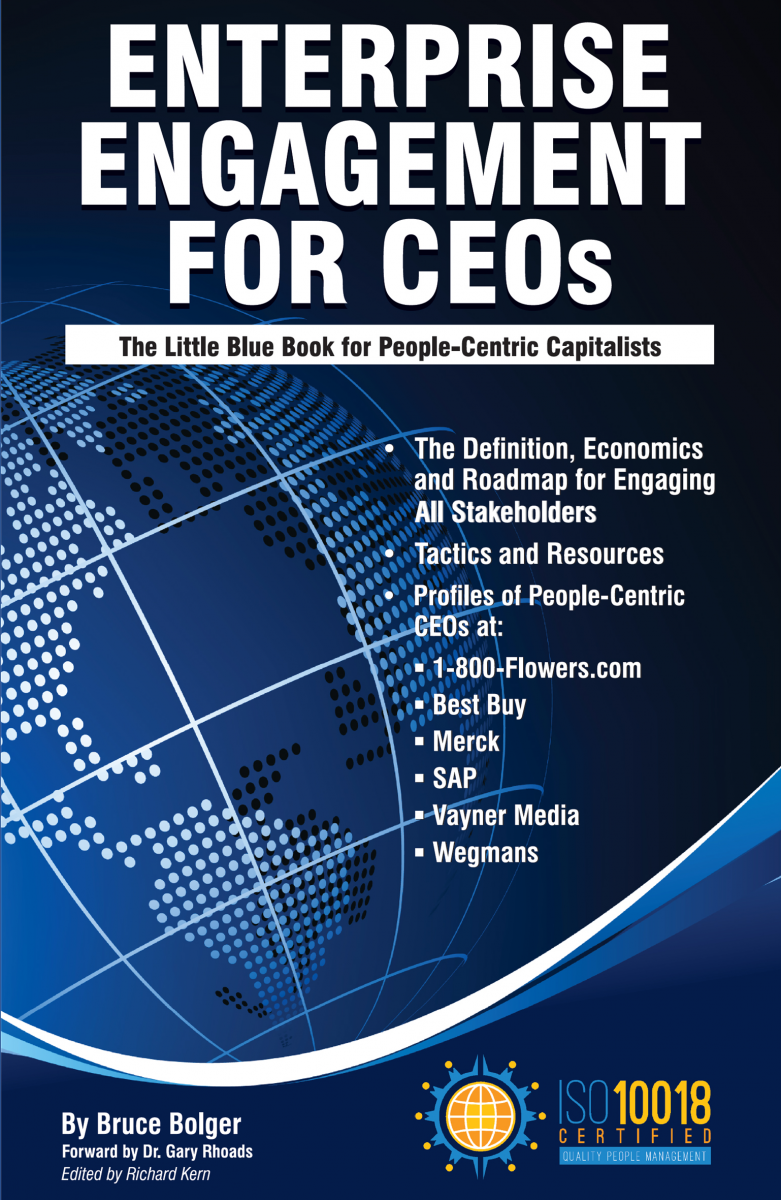
Join the EEA to begin your certification process or see our other resources below.
THE ONLY BOOKS ON STAKEHOLDER CAPITALISM IMPLEMENTATION

Enterprise Engagement: The Roadmap 5th Edition
The first and most comprehensive book on Enterprise Engagement and the new ISO 9001 and ISO 10018 quality people management standards. Includes 36 chapters detailing how to better integrate and align engagement efforts across the enterprise. (312 pages, $36.)
OTHER RESOURCES TO ACTUALIZE STAKEHOLDER CAPITALISM
Communities: The Enterprise Engagement Alliance and Advocate and the Brand Media Coalition free resource centers offering access to the latest research, news, and case studies; discounts, promotions, referrals, and commissions, when appropriate to third-party solution providers from participating coalition solution provider members.
Enterprise Engagement Resources: EEXAdvisors.com provides the only curated online marketplace to access hundreds of solution providers in all areas of human capital management and enterprise engagement throughout the world.
Online Overview:
10-minute short course: click here for a 10-minute introduction to Enterprise Engagement and ISO standards from the Coggno.com learning platform.
Services:
• The Engagement Agency at EngagementAgency.net, offering: complete support services for employers, solution providers, and technology firms seeking to profit from formal engagement practices for themselves or their clients, including Brand and Capability audits for solution providers to make sure their products and services are up to date.
• C-Suite Advisory Service—Education of boards, investors, and C-suite executives on the economics, framework, and implementation processes of Enterprise Engagement.
• Speakers Bureau—Select the right speaker on any aspect of engagement for your next event.
• Mergers and Acquisitions. The Engagement Agency’s Mergers and Acquisition group is aware of multiple companies seeking to purchase firms in the engagement field. Contact Michael Mazer in confidence if your company is potentially for sale at 303-320-3777.
Enterprise Engagement Benchmark Tools: The Enterprise Engagement Alliance offers three tools to help organizations profit from Engagement. Click here to access the tools.
• ROI of Engagement Calculator. Use this tool to determine the potential return-on-investment of an engagement strategy.
• EE Benchmark Indicator. Confidentially benchmark your organization’s Enterprise Engagement practices against organizations and best practices.
• Compare Your Company’s Level of Engagement. Quickly compare your organization’s level of engagement to those of others based on the same criteria as the EEA’s Engaged Company Stock Index.
• Gauge Your Personal Level of Engagement. This survey, donated by Horsepower, enables individuals to gauge their own personal levels of engagement.
For more information, contact Bruce Bolger at Bolger@TheEEA.org, 914-591-7600, ext. 230.









